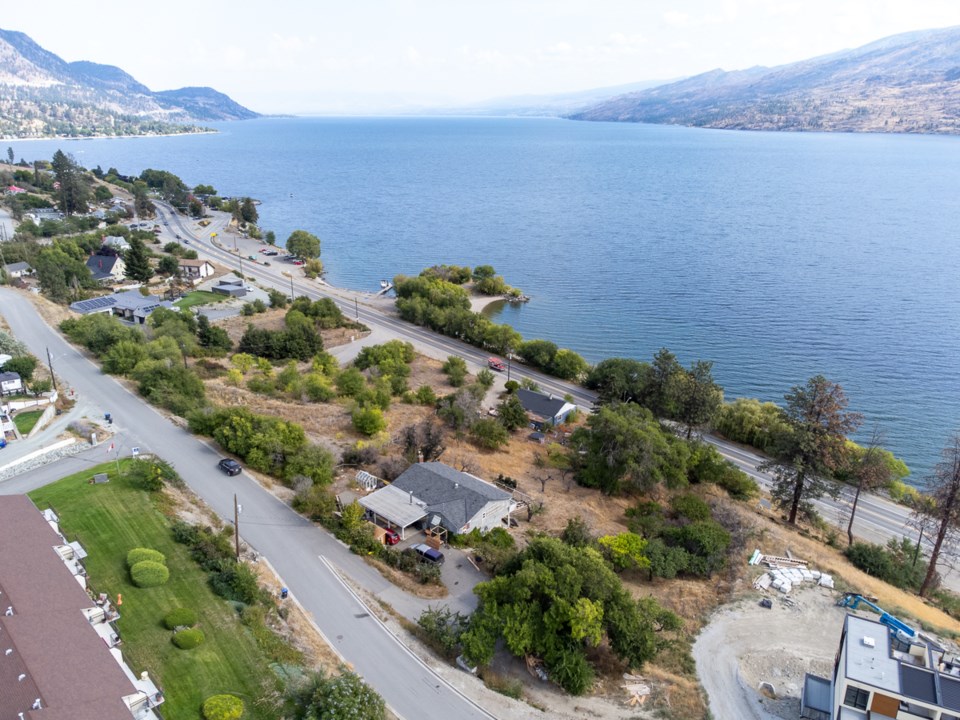The province is expanding its speculation and vacancy tax to 13 new communities, many of them vacation destinations and adjacent to areas already subject to the controversial measure.
“With so many people struggling to find secure housing, we have to keep taking action – we can't afford to pull back,” BC Finance Minister Katrine Conroy said in announcing the expansion. “The speculation tax is one of the ways we can help increase affordable housing options for people and communities.”
Communities where residential property owners will be required to file a declaration in January 2025 based on how they used their property in 2024 include the Thompson-Okanagan communities of Kamloops, Salmon Arm, Vernon, Coldstream, Lake Country, Peachland, Summerland and Penticton.
On Vancouver Island, the tax is expanding to include Courtenay, Comox, Cumberland, Parksville, Qualicum Beach.
The move doesn’t make sense to Brendon Ogmundson, chief economist with the BC Real Estate Association, who said many of the 13 new regions subject to the tax were originally excluded as recreational rather than urban destinations.
This seems to have changed as the housing crisis in the province has deepened rather than improved over the past five years.
“The calculus the ministry is using is because the supply situation is so dire – because we’ve had very poor policy for the pas decade to get to this point – if we’re going to have such low supply, we can’t have regions where there’s more of an incentive to own a second home,” he said. “That’s their policy, and we’ll see how it shakes out.”
His take is that it won’t make much of a difference.
“I don’t think it’s going to have much of an impact in terms of affordability, but the government believes in this tax despite not a lot of evidence that it’s really done much for rental or ownership affordability since implementation,” Ogmundson said.
The province was unable to give an estimate of how many homes could be added to the rental market in the new regions. In Courtenay, however, it says just 3.1 per cent of homes are estimated to have been vacant in 2022.
Census data indicates that higher rates in other communities. The proportion of vacant homes in Peachland on census day in 2021 (homes not occupied by the usual residents) was 8.4 per cent. In Penticton, it was 5.9 per cent while in Kamloops it was 4 per cent.
Since the tax was introduced in 2018, the province says it has raised $313 million that’s been reinvested into affordable housing in the 59 jurisdictions where it applies.
The province says the announcement a year prior to the declaration date gives owners in the 13 new areas time to take steps to avoid the tax, which it claims applies to less than 1 per cent of residential property owners despite the onus on millions to file.
Properties are exempt from the tax if they’re occupied for at least six months of the year by their owners or long-term tenants. Divorce, separation and other life events may also qualify property owners for exemptions.
In addition, the tax does not apply to properties accessible solely by air or water, resort municipalities, Indigenous lands.
The tax is levied at a rate of 0.5 per cent on Canadian nationals and 2 per cent on foreign property holders.



